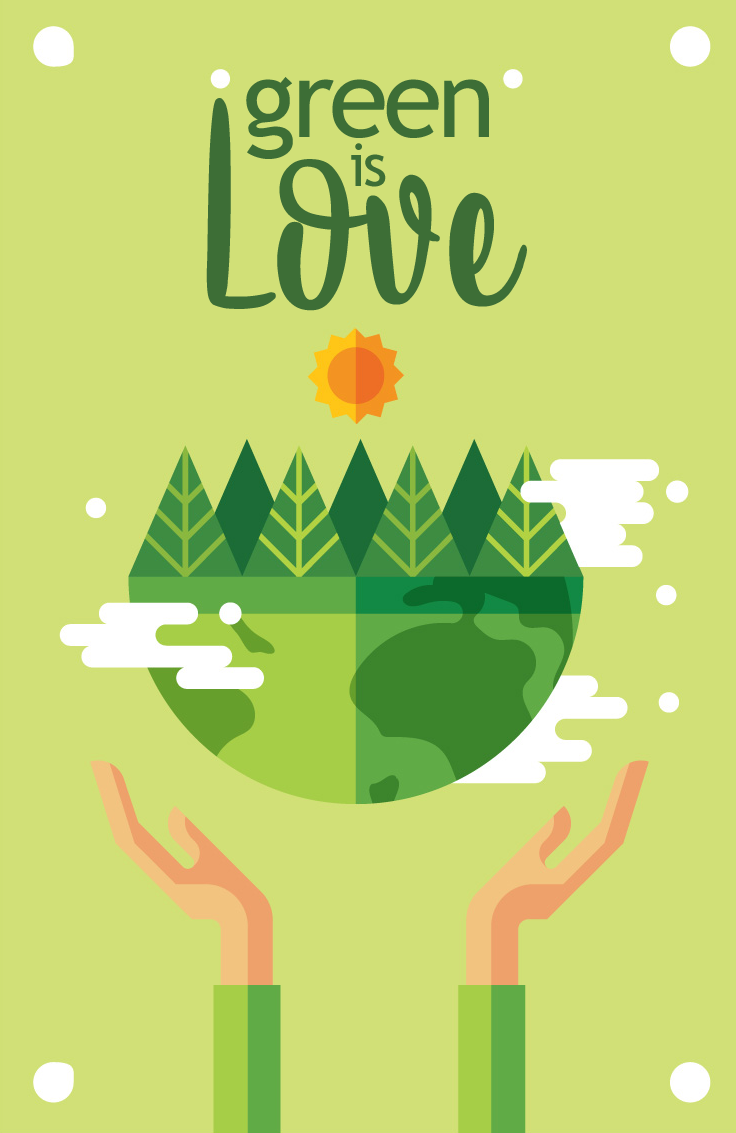Teaching children and young adults to appreciate and respect our environments is important to their growth and the preparation of a green generation. There’s no minimum age required for learning about the Earth, conservation, recycling, and building up a child’s understanding of important concepts early in life can cultivate a lasting appreciation for our planet and everything it provides us. Learning about conservation and ecology helps instill important habits that become second nature in adulthood.
Teaching Youth About Recycling
Teaching our children to recycle is an important first step in environmental education. This could be as simple as setting up a recycling container next to the garbage and showing them the differences between recyclable plastic, glass, paper, and non-recyclable items. You can take it a step further by also starting a compost bin for organic materials. Offering our youth the opportunity to be more involved in important household tasks empowers them to work towards an ecologically-minded home.
Teaching All About Reusing
Young people can be taught the importance of repurposing and reusing old, unneeded materials through a variety of activities, crafts, and projects. Depending on the types of materials used, this can also tie directly to recycling; driving home the importance of those basic concepts and encouraging them to think of green-living on a larger scale. Making things with reusable materials, such as those listed below, can help children to understand the product lifecycle and the many ways in which different types of materials can be recycled. These recyclable materials may be around your home already:
- Paper towel and toilet paper tubes
- Plastic gallons jugs
- Cans
- Old newspapers or flyers
Green education can also be built on the concept of repurposing manufactured goods in the hopes of prolonging their usefulness and reducing the need for newly manufactured items that may use up valuable resources.
Teaching About Waste Reduction
Teaching children to be economical with water and energy consumption is very important. From turning off lights when they leave a room and powering down electronics, to turning the water off while brushing their teeth in the morning, there are many ways we can reduce the amount of energy we use.
Like all important lessons, this one takes practice and may be best taught through example. By making an effort as a family to reduce our waste consumption, we are taking steps to improve our planet and paving the way for a greener future.
Another important part of teaching about the environment is exposing them to it. To show children exactly what we’re trying to accomplish and preserve when we recycle materials, reduce consumption, and reuse what we can, take the lessons outside into nature. Explore diverse environments and talk about the impact that pollutants have on our planet. A great place to do this might be a hiking trail or park. When you go out, bring a trash bag with you to collect any garbage you find along the way.
